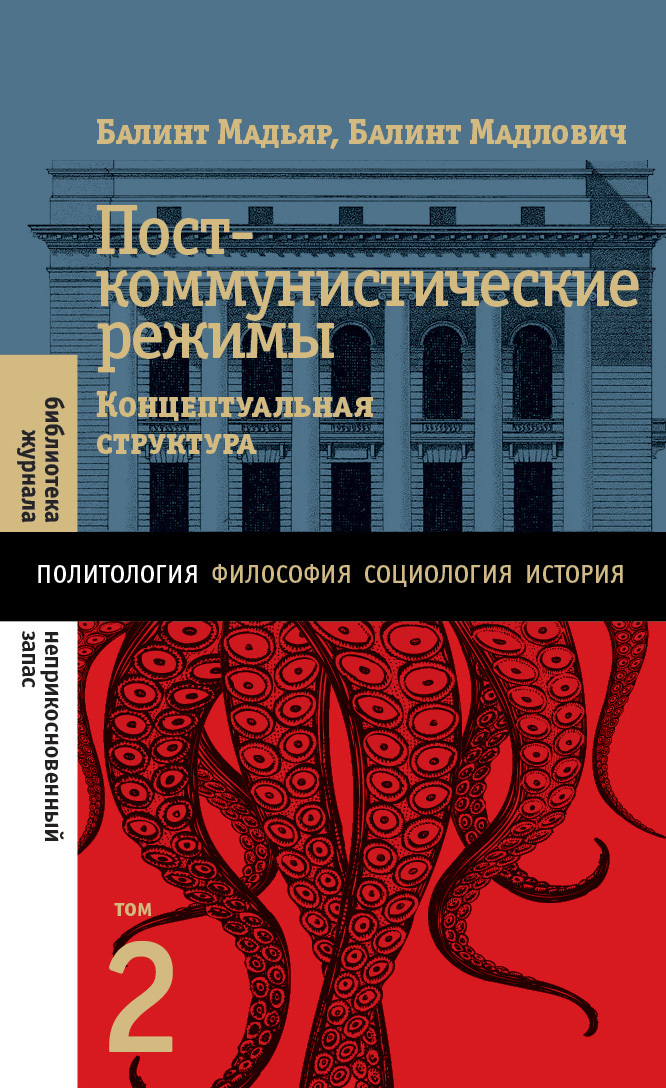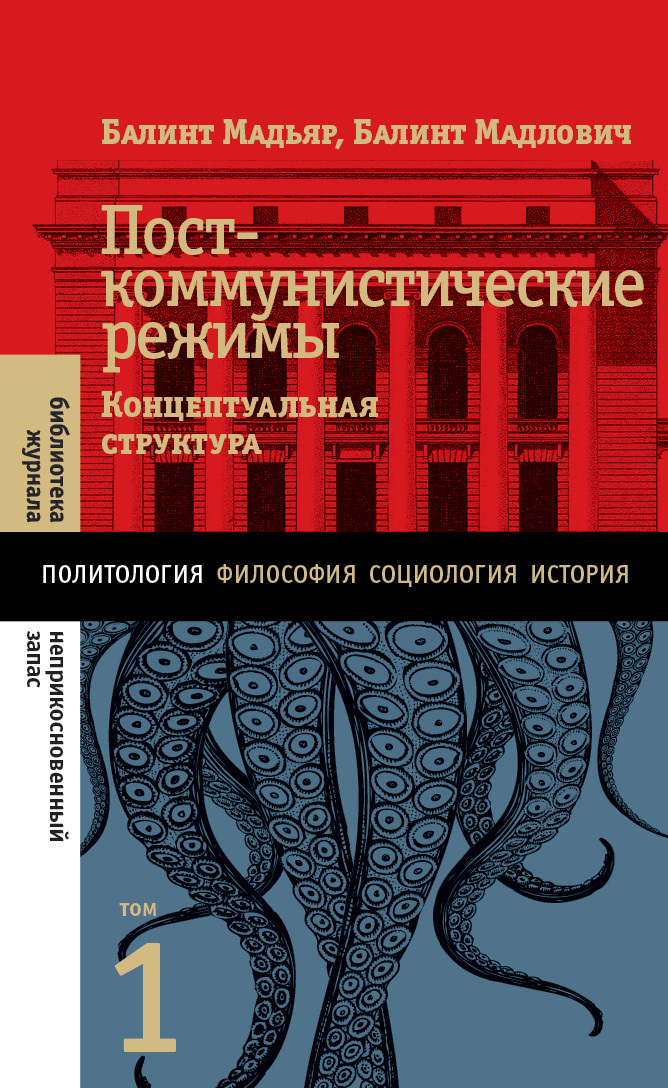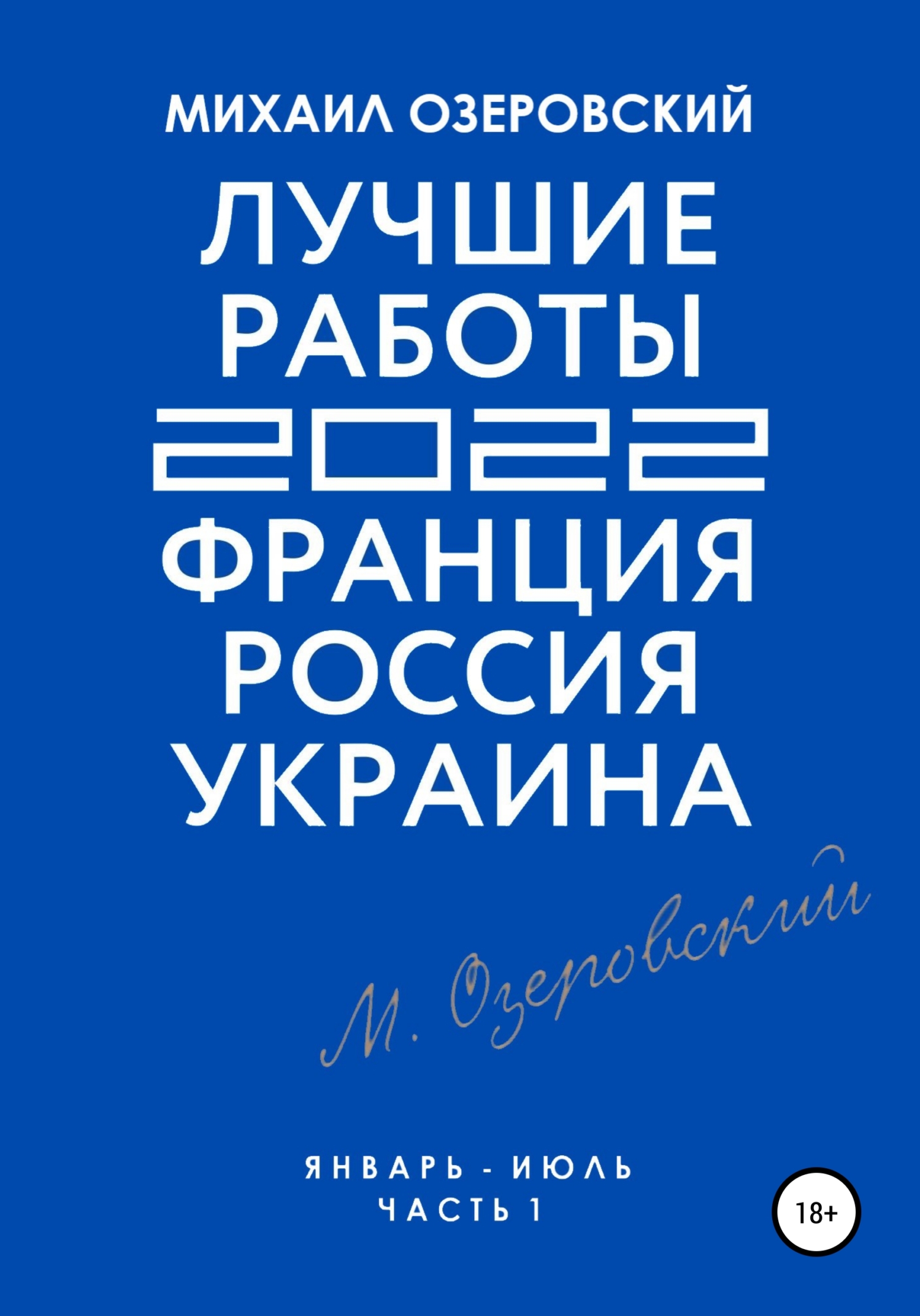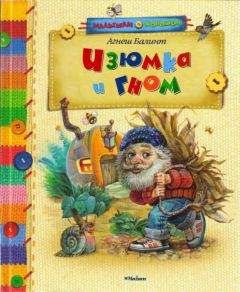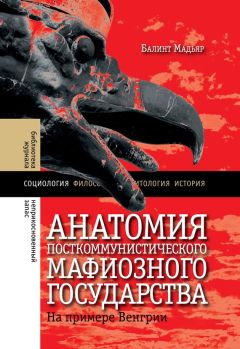с приемной политической семьей. См.:
Chayes S. The Structure of Corruption: A Systemic Analysis. P. 521.
Bartha A. Politically Driven Policy-Making, Lobbying and Understanding the Role of Strategic Partnership Agreements from a Narrative Policy Framework Perspective: Paper presented at the Mapping the System of National Cooperation Conference. IWM/IHS Institut für die Wissenschaften vom Menschen. Vienna, 2015.
Szíjjártó P. Még több stratégiai megállapodás jöhet [Предстоят новые стратегические соглашения]: интервью с Тар Габором. Világgazdaság. 13.06.2013. URL: https://www.vg.hu/velemeny/meg-tobb-strategiai-megallapodas-johet-interju-szijjarto-peterrel-405633/.
Erdélyi K. Milliárdos Pályázatok Csak Stratégiai Partnereknek [Тендеры на миллиарды форинтов получают только стратегические партнеры] // Atlatszo.hu (blog). 30.06.2013. URL: http://atlatszo.blog.hu/2013/07/30/milliardos_palyazatok_a_strategiai_partnereknek1.
Scheiring G. Egy demokrácia halál [Как умирает демократия]. Budapest: Napvilág Kiadó, 2019. P. 233.
Ibid. P. 234–240.
Book S. Deutsche Firmen in Osteuropa: Geschäfte machen beim Europafeind // WirtschaftsWoche. 30.01.2018. URL: https://www.wiwo.de/my/politik/europa/deutsche-firmen-in-osteuropa-geschaefte-machen-beim-europafeind/20903608.html.
Kelemen R. D. Europe’ s Other Democratic Deficit: National Authoritarianism in Europe’ s Democratic Union // Government and Opposition. 2017. Vol. 52. № 2. P. 211–238.
Gagyi Á., Gerőcs T. The Political Economy of Hungary’ s New «Slave Law» // Lefteast (blog). 01.01.2019. URL: https://www.criticatac.ro/lefteast/the-political-economy-of-hungarys-new-slave-law/; Antal A. The Rise of Hungarian Populism: State Autocracy and the Orbán Regime. Bingley: Emerald Publishing Limited, 2019. Ср.: Bruff I. The Rise of Authoritarian Neoliberalism // Rethinking Marxism. 2014. Vol. 26. № 1. P. 113–129.
Iványi G. Vörös Farok [Приманка для цензуры] // Élet És Irodalom 53. № 39. 25.09.2009. URL: https://www.es.hu/cikk/2009-09-27/ivanyi-gyorgy/voros-farok.html.
Таким образом, Шайринг признает, что «патримониальные отношения становятся центральной стяжательной стратегией» в Венгрии, тогда как Аттила Аг, называющий режим Орбана «неолиберально-авторитарным гибридом», пишет, что в «мафиоподобной системе» неформальных институтов Орбана «преобладает распределение по политическому принципу, которое служит как обогащению нового правящего класса, так и формированию и консолидации политической власти». По-видимому, оба автора приближаются к нашему понимаю, но настаивают на использовании классового анализа и вокабуляра, разработанного теоретиками западного неолиберализма, что в конечном счете искажает их анализ. См.: Scheiring G. Egy demokrácia halál [Как умирает демократия] P. 279; Ágh A. A Rendszerváltás Terhe: Neoliberális-Autoriter Hibrid Magyarországon [Бремя смены режима: Венгрия как неолиберально-авторитарный гибрид] // Neoliberális Hegemónia Magyarországon: Elemzés És Kritika [Неолиберальная гегемония в Венгрии: анализ и критика]. Budapest: Noran Libro, 2019. P. 162.
Chayes S. The Structure of Corruption: A Systemic Analysis. P. 519–520.
Ibid. P. 520–521.
Bullough O. Moneyland: Why Thieves And Crooks Now Rule The World And How To Take It Back. London: Profile Books, 2018.
Knight A. The Magnitsky Affair // The New York Review of Books. 2018. № 22. P. 25–27.
Pikulik A. Belarus, Russia, and Ukraine as Post-Soviet Rent-Seeking Regimes.
См. Схему A.6: Chayes S. The Structure of Corruption: A Systemic Analysis.
См. Схемы C.4–5: Ibid.
Boutton A. Of Terrorism and Revenue: Why Foreign Aid Exacerbates Terrorism in Personalist Regimes // Conflict Management and Peace Science. 2019. Vol. 36. № 4. P. 364. Также см. Bratton M., van de Walle N. Democratic Experiments in Africa: Regime Transitions in Comparative Perspective. Cambridge; New York: Cambridge University Press, 1997.
Kalyuzhnova Y., Patterson K. Kazakhstan; Barnes A. Russia’ s Potential Role in the World Oil System: Reciprocal Dependency, Global Integration, and Positive Unintended Consequences // The Political Economy of Russia. Lanham: Rowman & Littlefield Publishers, 2012. P. 151–168.
Politkovskaya A. A Russian Diary. P. 133.
Åslund A. Russian Resources: Curse or Rents?
Gaddy C., Ickes B. Russia’ s Dependence on Resources. P. 317–324.
Vahabi M. A Positive Theory of the Predatory State. P. 160–164. Более комплексный анализ см.: Vahabi M. The Resource Curse Literature as Seen through the Appropriability Lens: A Critical Survey // Public Choice. Vol. 75. № 3. P. 393–428.
Barnes A. Russia’ s Potential Role in the World Oil System. P. 158.
Gaddy C., Ickes B. Russia’ s Dependence on Resources. P. 324.
Franke A., Gawrich A., Alakbarov G. Kazakhstan and Azerbaijan as Post-Soviet Rentier States: Resource Incomes and Autocracy as a Double «Curse» in Post-Soviet Regimes // Europe-Asia Studies. 2009. Vol. 61. № 1. P. 120.
Chayes S. The Structure of Corruption: A Systemic Analysis. P. 521.
Vahabi M. The Resource Curse Literature as Seen through the Appropriability Lens.
Пример метаанализа см.: Waldner D., Smith B. Rentier States and State Transformations.
Svensson J. Foreign Aid and Rent-Seeking // Journal of International Economics. 2000. Vol. 51. № 2. P. 437–461; Mesquita B. B. de, Smith A. A Political Economy of Aid // International Organization. 2009. Vol. 63. № 2. P. 309–340.
Licht A. Coming into Money: The Impact of Foreign Aid on Leader Survival // Journal of Conflict Resolution. 2010. Vol. 54. № 1. P. 58–87.
Boutton A. Of Terrorism and Revenues. P. 361.
Gebrekidan S., Apuzzo M., Novak B. The Money Farmers: How Oligarchs and Populists Milk the E. U. for Millions // The New York Times. 03.11.2019. URL: https://www.nytimes.com/2019/11/03/world/europe/eu-farm-subsidy-hungary.html.
